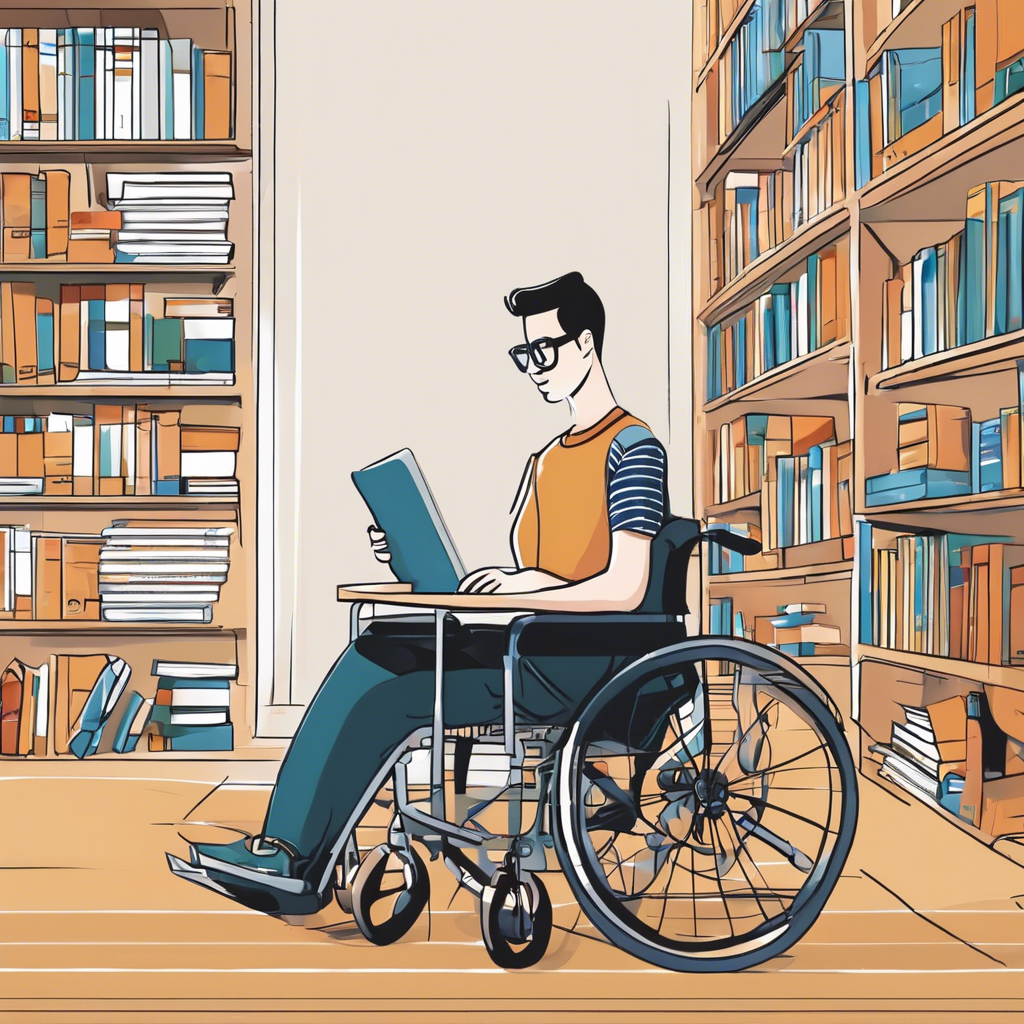Online college for disabled students has become a crucial avenue for individuals with disabilities to pursue higher education. The shift towards online learning has opened up opportunities for disabled students to access quality education from the comfort of their homes. These online colleges offer a range of courses and support services tailored to meet the unique needs of disabled students, ensuring inclusivity and accessibility in the academic sphere.
One of the key advantages of online college for disabled students is the flexibility it provides. Traditional brick-and-mortar institutions may present physical barriers that can hinder disabled students from fully participating in the learning process. With online colleges, students have the freedom to study at their own pace and in an environment that is conducive to their individual needs.
Moreover, online colleges often offer a variety of assistive technologies and resources to support disabled students in their academic journey. These technologies can range from screen readers and speech recognition software to captioning services and adaptive learning platforms. By utilizing these tools, disabled students can overcome barriers to learning and achieve academic success.
In addition to technological support, online colleges also provide disabled students with access to a network of faculty and staff who are trained in accommodating diverse learning needs. These professionals work closely with students to develop personalized learning plans and provide ongoing support throughout their academic endeavors.
Furthermore, online colleges prioritize creating an inclusive and welcoming learning environment for disabled students. By promoting awareness and understanding of different disabilities, these institutions foster a culture of respect and acceptance that empowers students to thrive academically and socially.
The accessibility features of online learning platforms also play a significant role in facilitating the educational experience for disabled students. These platforms are designed to be user-friendly and compatible with assistive technologies, ensuring that all students can navigate coursework and engage with course materials effectively.
Another benefit of online college for disabled students is the opportunity to connect with peers and educators from diverse backgrounds. Through virtual classrooms and online forums, students can engage in meaningful discussions, collaborate on projects, and build relationships that enhance their learning experience.
Moreover, online colleges often offer a range of support services to assist disabled students in various aspects of their academic journey. From academic advising and tutoring to counseling and career guidance, these services are tailored to address the specific needs and challenges faced by disabled students.
The affordability of online college programs is also a significant advantage for disabled students, many of whom may face financial constraints due to their disabilities. By eliminating the need for commuting and offering flexible payment options, online colleges make higher education more accessible and attainable for disabled individuals.
Additionally, online colleges provide disabled students with the opportunity to pursue their academic goals without having to compromise their health or well-being. By studying remotely, students can manage their schedules in a way that accommodates their medical needs and allows them to prioritize self-care.
In conclusion, online college for disabled students is a transformative platform that empowers individuals with disabilities to pursue their educational aspirations and achieve academic success. Through flexible learning options, technological support, inclusive environments, and comprehensive services, online colleges are breaking down barriers and creating opportunities for disabled students to thrive in higher education.
